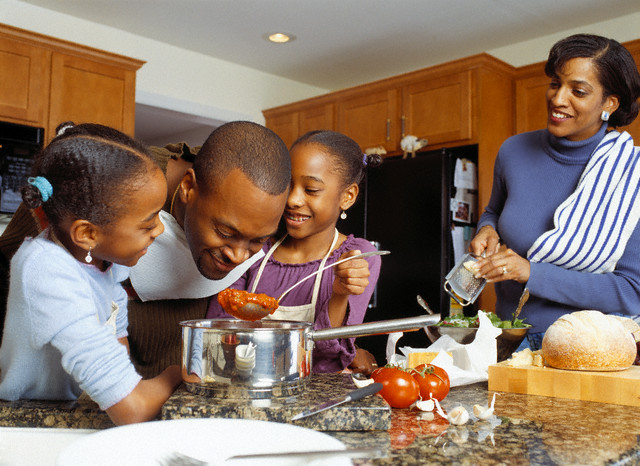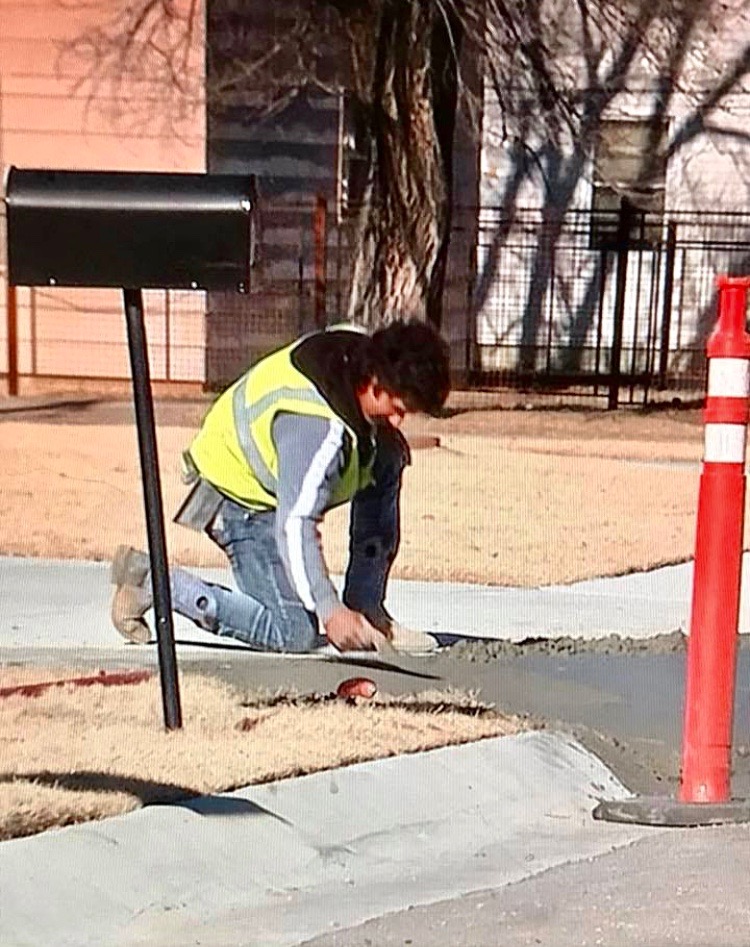
The Oklahoma Eagle Newsire
Tulsa Health Department’s Food Protection Services Program is reminding Tulsa County residents that if you’re cooking for friends and family this holiday season, it’s important to make sure you’re not spreading bacteria that can cause harmful foodborne illnesses.
“There are a lot of ways individuals can unknowingly be contaminating food for others at home,” said DeBrena Hilton, food protection services program manager. “We stress using a food thermometer to check final cook temperatures of meat to make sure that safe internal cooking temperatures are reached before serving. We also emphasize taking precautions against spreading harmful bacteria from raw meat and poultry onto other surfaces or food items in the kitchen such as spice containers, refrigerator door handles and water faucet handles. Be sure to keep everything clean and keep surfaces sanitized.”
The U.S. Centers for Disease Control and Prevention estimates that millions of Americans are sickened with foodborne illnesses (also known as food poisoning) each year, resulting in roughly 128,000 hospitalizations and 3,000 deaths. Children, older adults and those with compromised immune systems are especially at risk.
U.S. Department of Agriculture urges you to not fall into bad food preparation habits by always following these four steps to food safety:
• Clean your hands thoroughly for a full 20 seconds with soapy water. Always serve food on clean plates and avoid reusing plates that previously held raw meat and poultry.
• Separate raw meat, poultry and egg products from ready-to-eat foods.
• Cook, using a food thermometer to make sure food reaches a safe minimum internal temperature:
• Beef, pork, lamb and veal (steaks, chops and roasts): 145°F with a three minute rest.
• Ground beef, pork, lamb and veal: 160°F.
• Poultry (whole or ground): 165°F. • Chill leftovers within two hours of cooking. Keep track of how long items have been sitting on the buffet table and discard anything that has been out longer than two hours.
If you are transporting food items to a holiday party, keep hot foods hot (140°F or above) and cold foods cold (40°F or below). Use separate, insulated containers for hot and cold foods, and make sure that cold foods are packed with cold sources, such as ice or frozen gel packs. The best way to ensure that food is being held at a safe temperature while you are traveling is to place an appliance thermometer in the cooler.
“If you are unaware of the right temperature to cook your holiday ham or if you’re wondering if it’s time to throw out those party leftovers, the USDA has a lot of resources to help,” Hilton said. “Their FoodKeeper app, available for both Android and iOS devices, is a quick and easy resource to use at home to check storage times and preparation tips for more than 500 food items.”
For more information on food safety tips, please call 918-582-9355 or visit www.tulsa-health.org.










